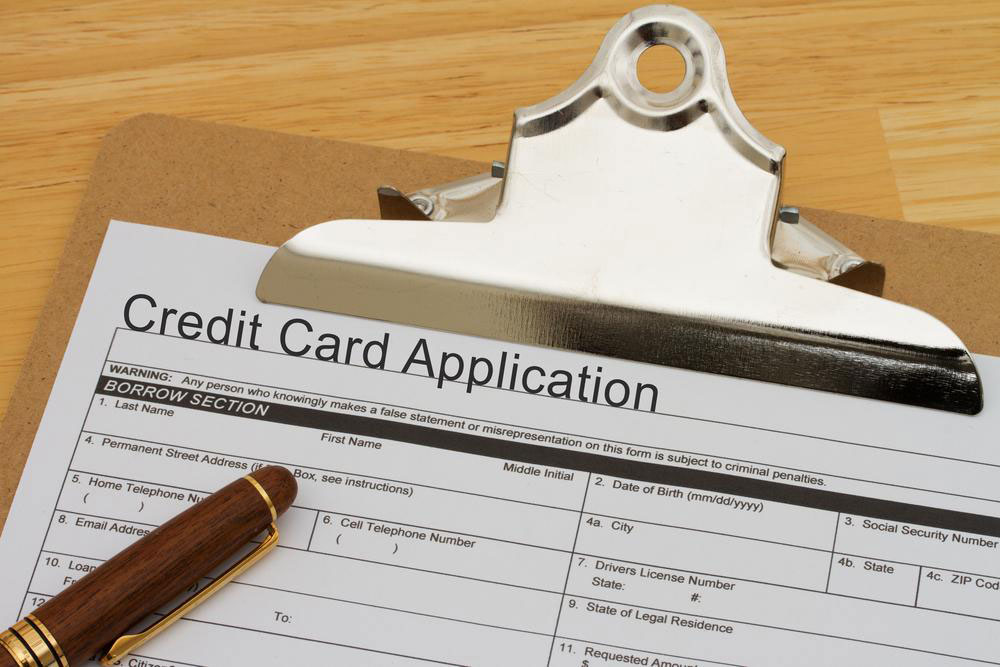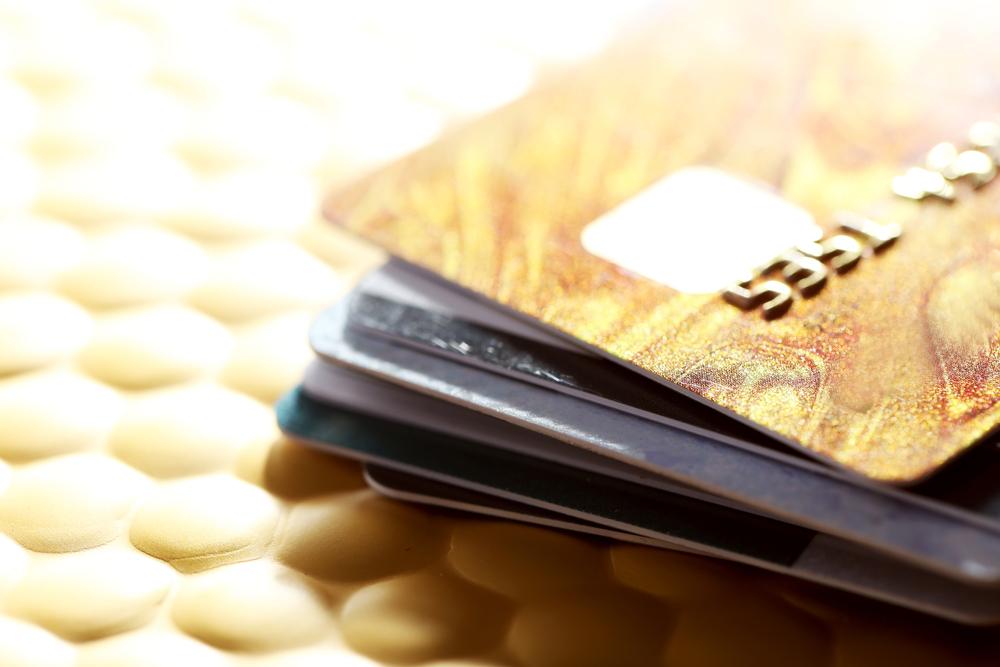6 things to know before applying for a credit card
The prospect of getting your first credit card can get you super psyched since it opens a world of possibilities. For example, making purchases using a credit card can help you earn rewards. Moreover, items and services paid using a credit card are protected in case of damage or theft. But the most important advantage is that it can help you build an excellent credit score. This can be instrumental in scoring low insurance premiums or financial assistance for big-ticket purchases such as an apartment or a car.

A credit card comes with its fair share of benefits; however, when not used wisely it can leave you with a pile of debt, adversely impacting your overall standing as a borrower. So before you apply for a credit card, here are some key aspects that you should acquaint yourself with.
Should you opt for a secured credit card or an unsecured one?
To use a secured credit card, you will have to make a cash deposit that is typically equal to the spending limit. This money acts as collateral for the lender, lowering the risk of nonpayment. Unsecured cards, on the other hand, don’t need any such collateral. A secured variant can be much more favorable for a new credit card user as it helps to develop healthier spending and repayment habits, ultimately building a great credit score.
After a couple of months, you can choose to transition to an unsecured version, cancel the secured card and withdraw the deposit made. If you pick an unsecured credit card in the beginning, you will most likely have a low spending limit due to the absence of solid credit history. Alternatively, you may have to get a co-signer on board to qualify for an unsecured credit card with a higher balance.
How does grace period work?
When it comes to credit cards, thoughts of steep interest immediately engage one’s mind. Fortunately, you will not fall into the void of accrued interest if you pay the balance in full within the grace period. The grace period is a cycle lasting for 21 to 25 days, where your credit card debt stays interest-free. For example, for a purchase made on March 10, a lender might give you a grace period of 21 days, i.e., until April 1 to pay off the entire debt without charging any interest. If the payment is made after this date, you will owe interest to the lender. The amount to be paid as interest varies from borrower to borrower.
Remember that grace period is not applicable for a cash advance. Moreover, the rate of interest charged will be higher. Similarly, the penalty on late payments for cash advances will be higher too.
How does credit card interest work?
Paying your balance in full every month ensures that you don’t have to deal with interest in the first place. However, if you are carrying balance month-to-month, things can get a little tricky. Before you apply for a credit card, consider the APR (annual percentage rate) offered and how it will affect your monthly payments. If the APR is 16%, it doesn’t mean that you will be charged 16% every year. Instead, this APR is converted into a daily percentage rate so that the lender can charge interest on the balance amount. To get the daily percentage rate, divide your APR by 365. In this case, the APR will be 0.0439%. So an extra 0.0439% be calculated on your balance every day until you clear the debt.
How does the lender determine minimum payments?
The smallest amount to be paid every month, these minimum payments keep you out of trouble by helping you maintain a consistent credit score. Moreover, it saves you from the hassle of late penalty fees. The following methods are usually used by a lender to establish a minimum payment.
- Percentage technique
A certain percentage of the total balance will be used to determine the minimum payment by the issuer. The standard percentage rate is often between 1% and 3%. For instance, if you have a balance of $1,000, the minimum payment could amount to 3% of this figure, i.e., $30. - Percentage + Interest + Fees technique
In this method, along with the percentage fee you owe, the lender will also include the interest and any applicable fees. So if you are late in keeping up with a month-to-month credit card balance, then along with the $30, you will be charged with the accrued interest and penalty fees for late payments.
How can credit cards impact your financial health?
Your credit score can be a deal breaker in terms of financial opportunities. There are 5 primary factors that help build a credit score. These include:
- New credit: 10%
- Types of accounts currently in use: 10%
- Length of the credit history: 15%
- Credit consumption: 30%
- Payment history: 35%
The fact that this is going to be your first credit card can be worked to your benefit. Since you are starting with a clean slate, ensure that you maintain an impeccable record, especially in terms of payments and credit consumption. Preferably, try to stick to purchases that are essential and can be repaid in a timely manner. Keep your spending around or below 30% of the total card limit for improving your credit consumption scores. Likewise, don’t keep changing credit cards for unnecessary reasons. Applying for a new credit card lowers the credit score, especially when you haven’t been using credit. The longer you stay active with one credit card, the better will your credit score be.
What additional fees can the lender levy?
There are a lot of fees that can be charged by the lender potentially. However, most of these can be easily evaded.
- Annual fees: Typically, annual fees will be billed if you are opting for a high-value rewards card or if you are a high-risk consumer, i.e., a first-time user or a borrower with poor credit scores.
- Balance transfer fees: These fees are not applicable for new users, although, you should know about them. Balance transfer cards are designed for borrowers with massive credit card debt. To move their balance to such a card, a one-time transfer fee needs to be paid.
- Foreign transaction fees: As the name suggests, foreign transaction fees are charged when you make a purchase overseas which is generally between 3% or 4% of your bill. If you frequently travel overseas, then it will be smarter to pick a card that waives such fees. Furthermore, your credit card should have an EMV chip for preventing fraudulent activity in your account.
- Late payment fees: The lender charges almost $35 every time you miss a payment. The easiest solution to dodge this bullet is by making timely credit card payments.
Don’t be disheartened if your credit card applications are rejected during the first few tries. Because it’s your first time applying for a credit card, you should play it safe and pick a secured credit card with a low spending limit. This might help you to qualify for low-interest rates and minimum additional fees. After getting a credit card, your main focus for the first year should be making regular payments to build a solid credit score. Try and pay your balance in full every month to keep your credit score from falling. Once you get the hang of responsibly managing your spending habits, you can upgrade to an unsecured credit variant.




